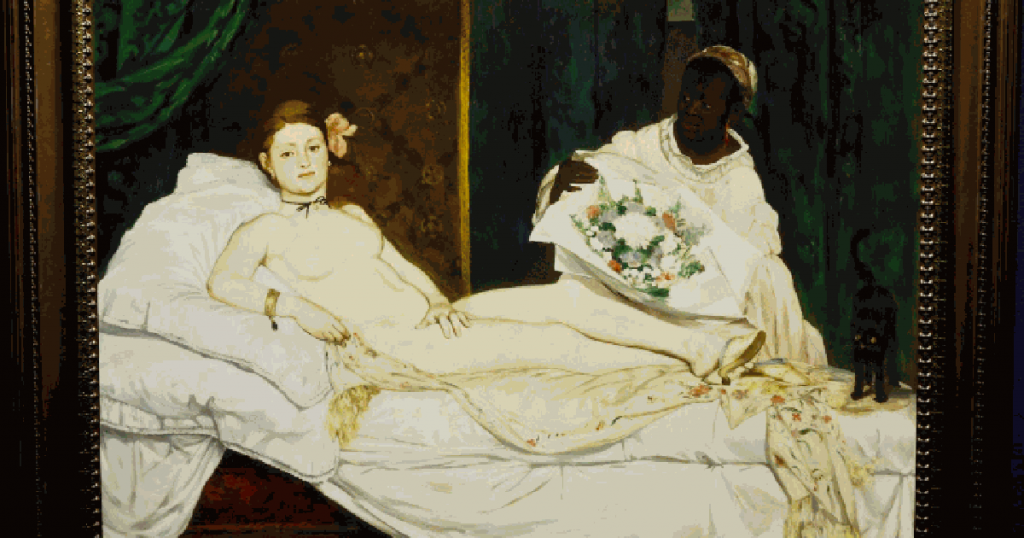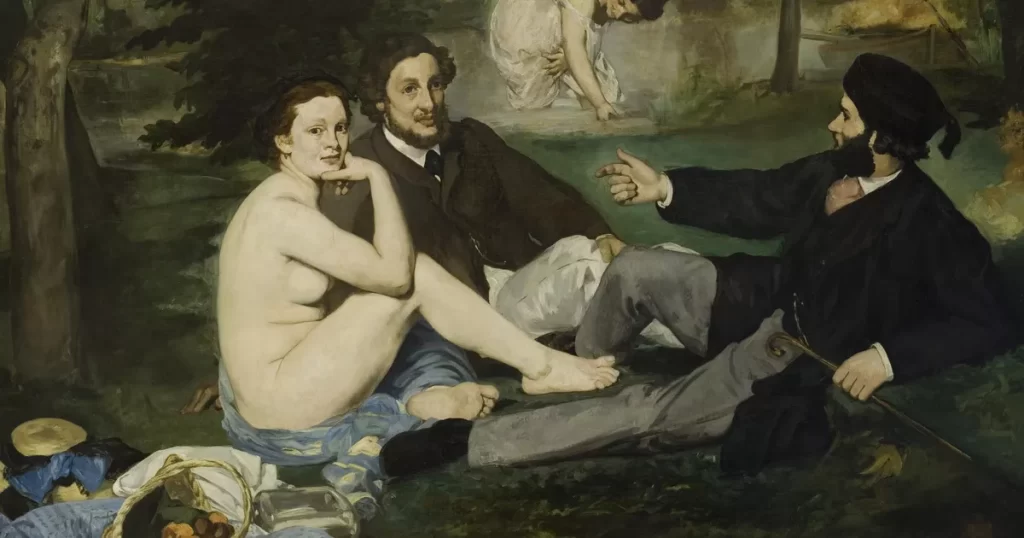Build more self-esteem through your own motivations and creations.
When you do something well, you know it. You don’t need approval from others. If you build electrical equipment and it works, then it works. Reward yourself for your achievements and creations. If you create a beautiful painting, you will recognize its value. Don’t expect applause from others; however, if it comes, it’s a bonus. Develop trust in your abilities and build your self-esteem.
Psychologists often define self-esteem as a function of your perception of how others view you. We disagree. Relying on what others think of us can hinder our motivation and make us vulnerable to values that may not align with our own. Remember Vincent Van Gogh? If he had sought approval from his peers, he might never have created his masterpieces. Professor Ellen Langer provides another example in her book, On Becoming An Artist:
In 1863, an important juried show rejected thousands of paintings, including Edouard Manet’s significant work Dejeuner sur l’herbe, which depicted a modern woman instead of the more typical nymph in a classical scene.
Trust your abilities, focus on your passions, and let your own motivations drive your self-esteem.
Dejeuner sur I’herbe
Rather than recognize Dejeuner sur l’herbe for its innovation, “those in the know” criticized Manet for not conforming to traditional notions of art, labeling the painting as anti-academic and vulgar. The content of the painting likely led critics to attack Manet’s technical choices, such as his use of harsh lighting and the elimination of midtones, which upset the academy. However, Dejeuner sur l’herbe and Manet’s subsequent painting, Olympia, marked the beginning of Impressionism. This pattern is common in the history of art; new movements often face resistance as people cling to their current preferences and ideas.

Don’t let your self-esteem depend on critics or people you don’t deeply connect with. Your competency and self-esteem originate from achieving the goals you set for yourself. During the incubation stage, surround yourself with trusted individuals who can help you question your perceptual framework and build a new one.
However, self-esteem cannot be built in a vacuum. Fill that vacuum with rewarding relationships you’ve cultivated and those whom you have transformed into allies. We are wired to form meaningful relationships. When people you trust affirm your abilities, you will feel more competent. Prominent individuals in any field often consult with peers and rely on their feedback. We all need to rely on others to gauge our progress, but they must be people who matter to us.
Connecting with others and building fulfilling relationships is crucial. Your newfound motivations, child-like observations, and interests will eventually bring you competency, skills, and perhaps even fame. It might take time, but it will happen.
Walk
Walking for twenty minutes or more in a park or near water can be an excellent mini incubation stage. The goal is to create a joyful and motivating routine as you increase your walk time. It’s even better if you take a mentor along. Keep a journal to record your observations. Note new plants, animals, colors, scents, sensations in your body, and pleasant sounds. Mimic Einstein by asking profound questions about your surroundings.
Incubation Stage or Entrepreneurship at Work
The Broadway show “How to Succeed in Business Without Really Trying” satirizes the traditional way of keeping your job by doing nothing. The mailroom clerk advises the ambitious newcomer, J. Pierpont Finch, to avoid getting any ideas and play it safe. This approach ensures job security but not advancement. This reflects a common issue in workplaces where motivated and creative employees are often stifled.
To foster motivation and creativity, companies should encourage collaborative teams composed of individuals with shared interests, values, and motivations. Successful companies are those that innovate, respond quickly to consumer demands, and recognize new market opportunities. Failure to adapt leads to inevitable decline. The economies of entire nations depend on motivated, innovative, and creative individuals.
The Role of Information and Smart Workers
Harvard Business School’s Shoshona Zuboff notes that companies must use technology to gather data about their operations continually. This information allows for constant refinement of products, services, and internal processes. However, technology alone is insufficient. The process of gathering and using information is shaped by workers who are motivated and perceptive. Interpretation of information is a creative act, influenced by our belief in our ability to speak freely, trust from others, and confidence in our intuition.
Embrace Your Eccentricity
Eccentricity can contribute positively to your incubation stage. Both Newton and Einstein were eccentrics. Search for your own eccentricities, nurture them, and play with them. They can bring you happiness. Your hidden sense of humor might very well be your unique eccentricity.
